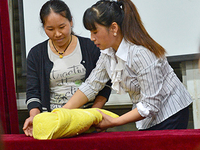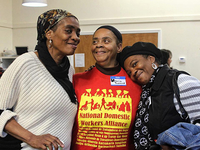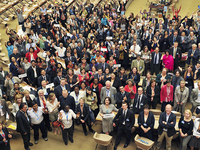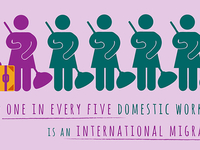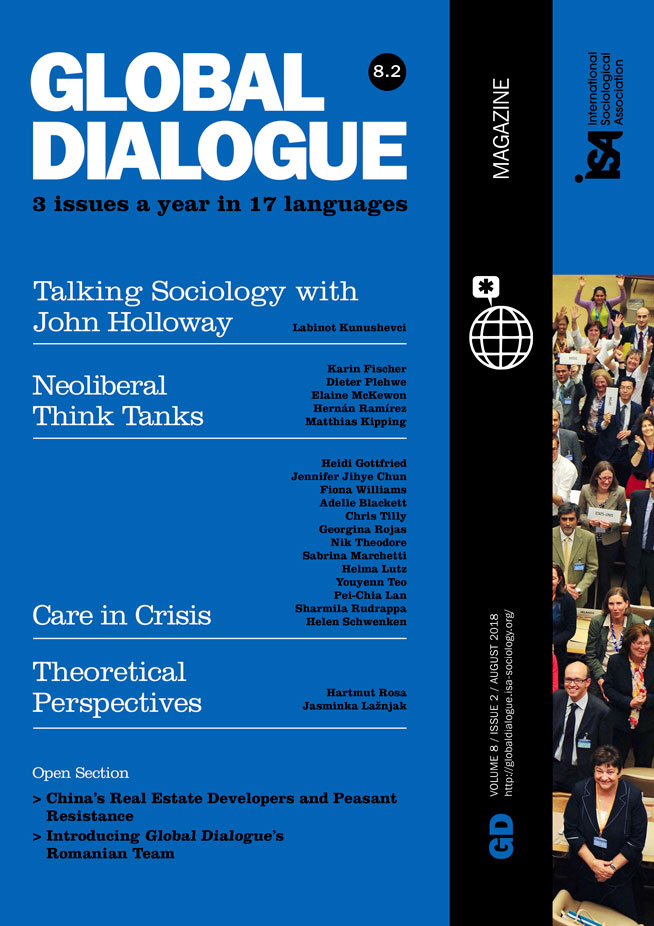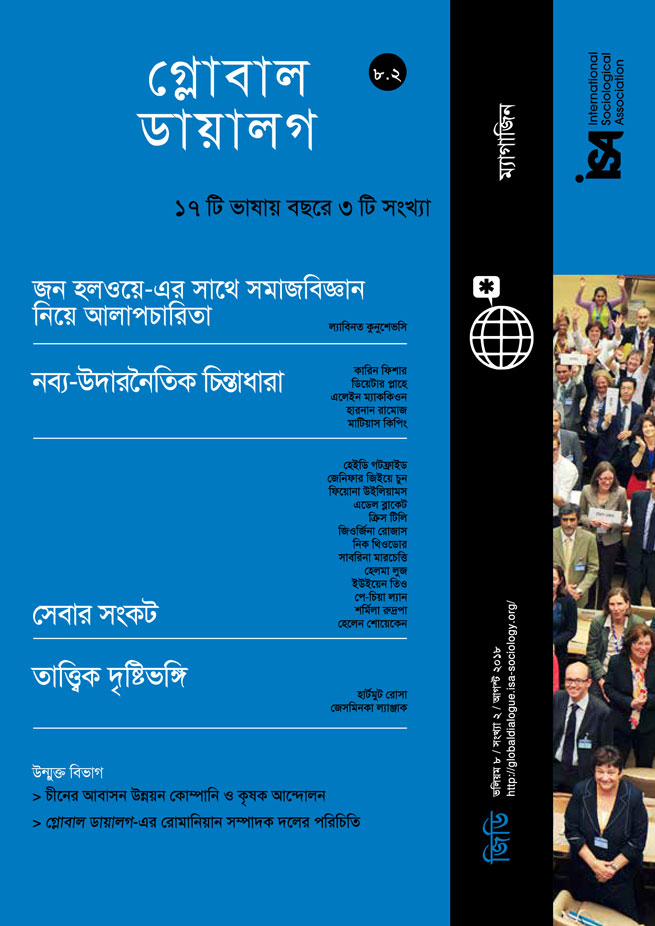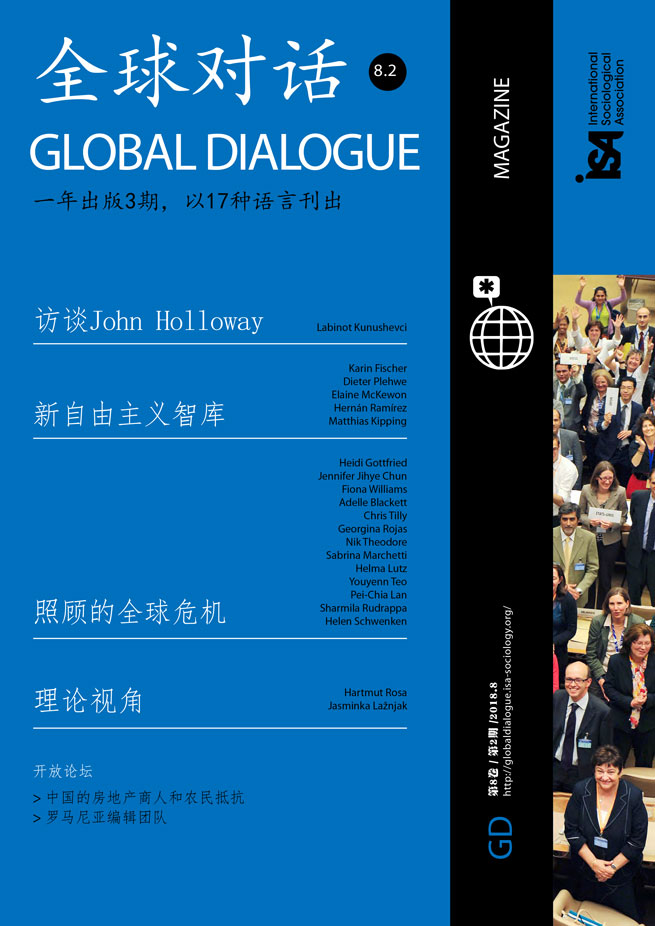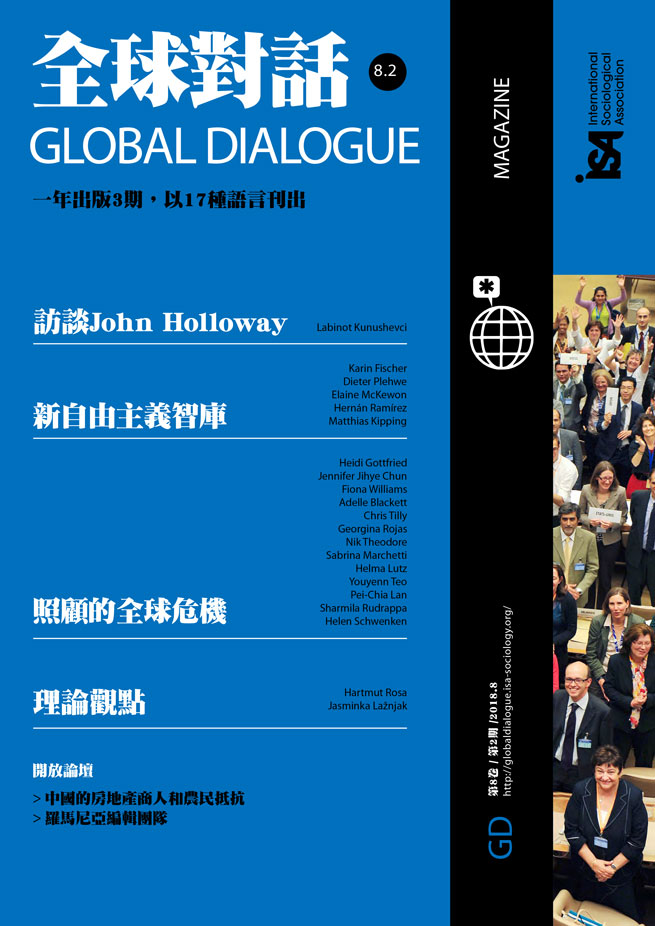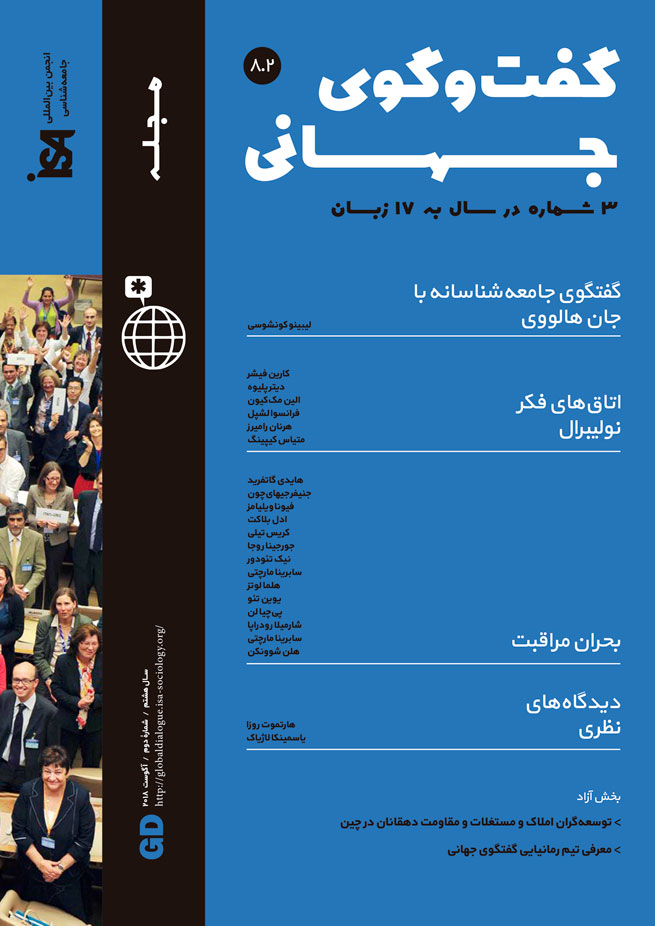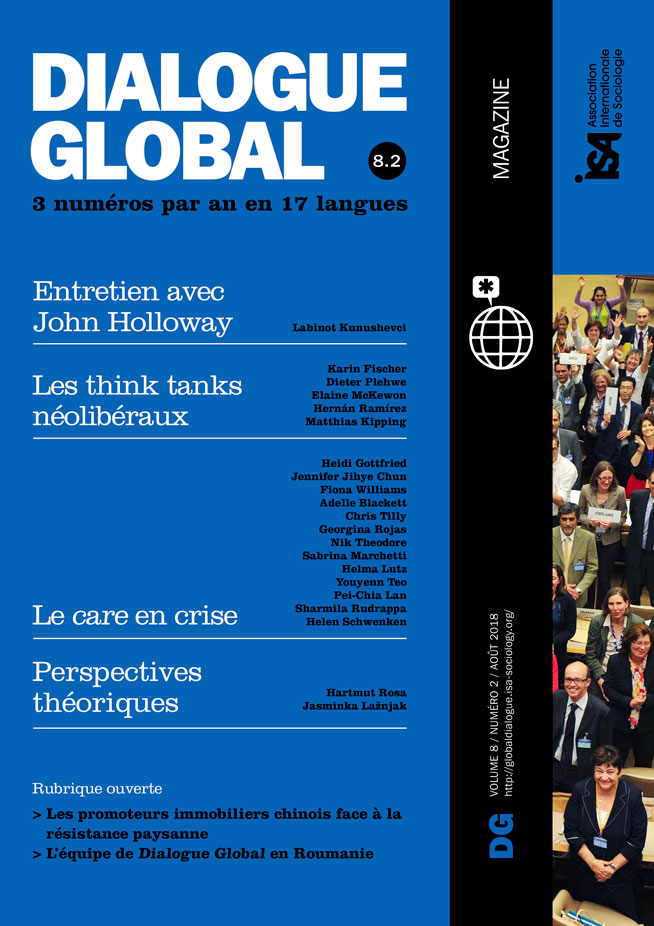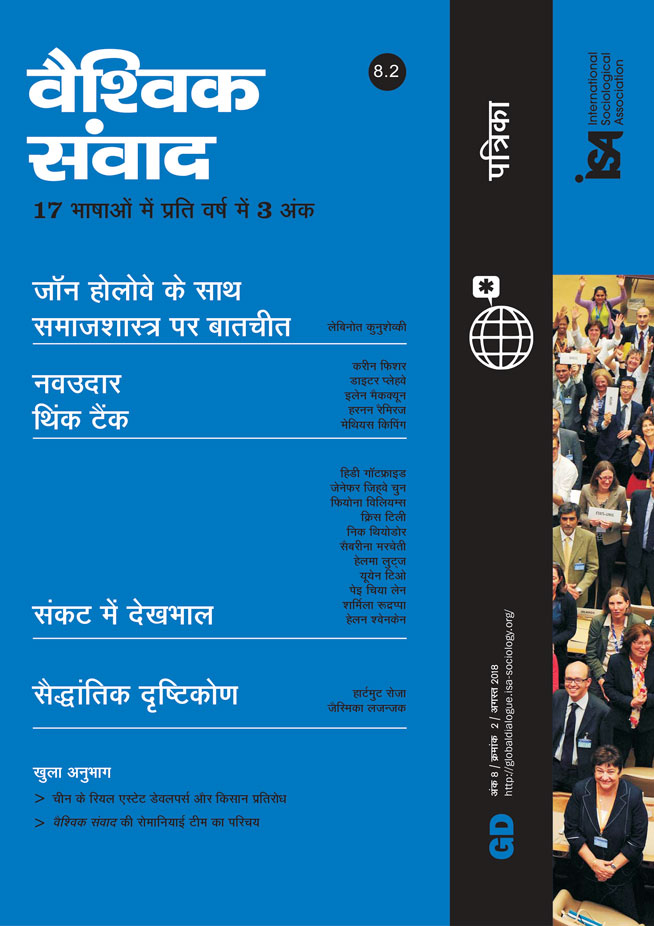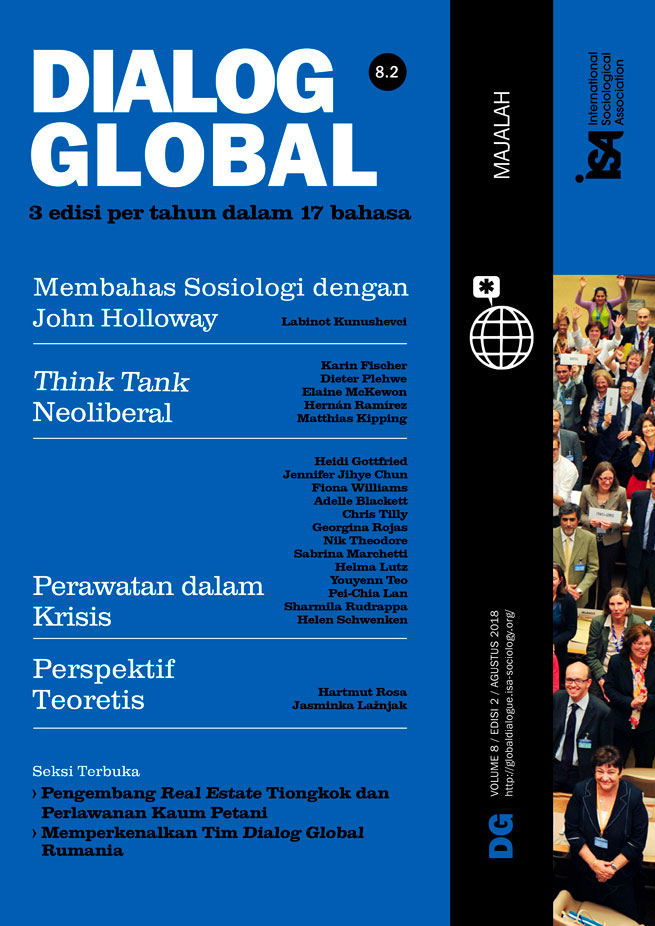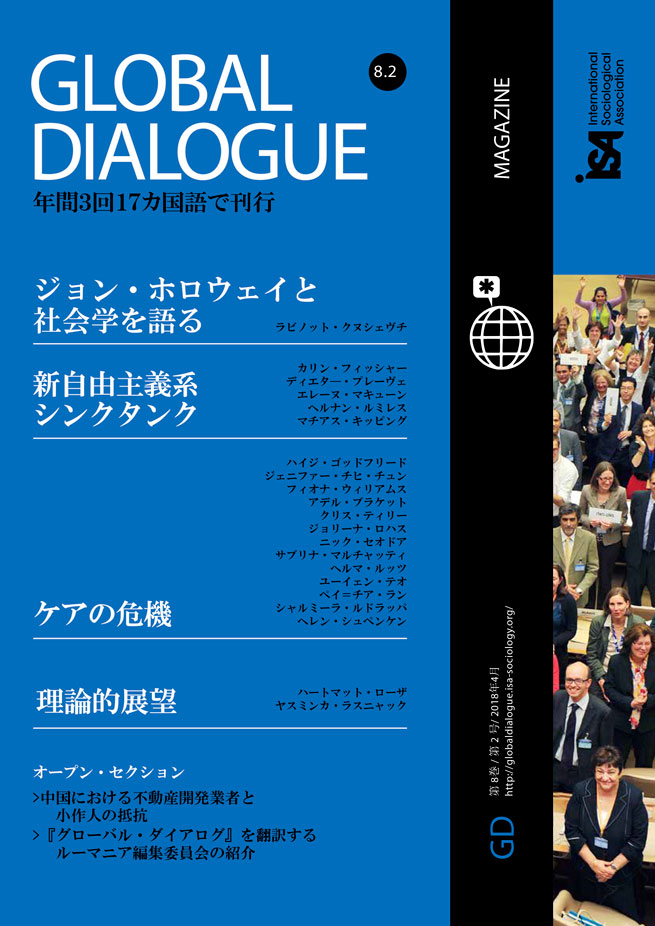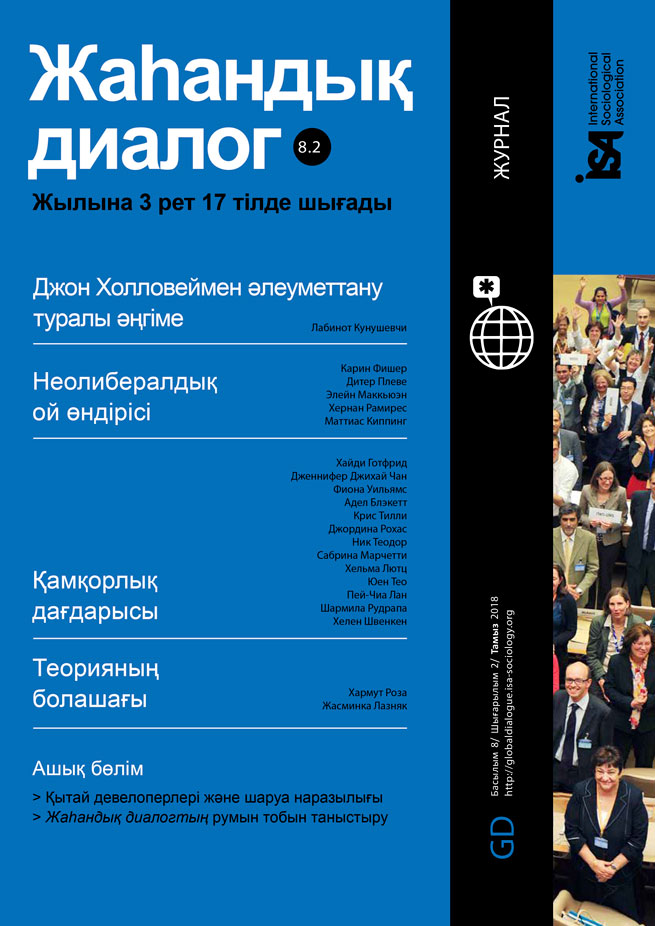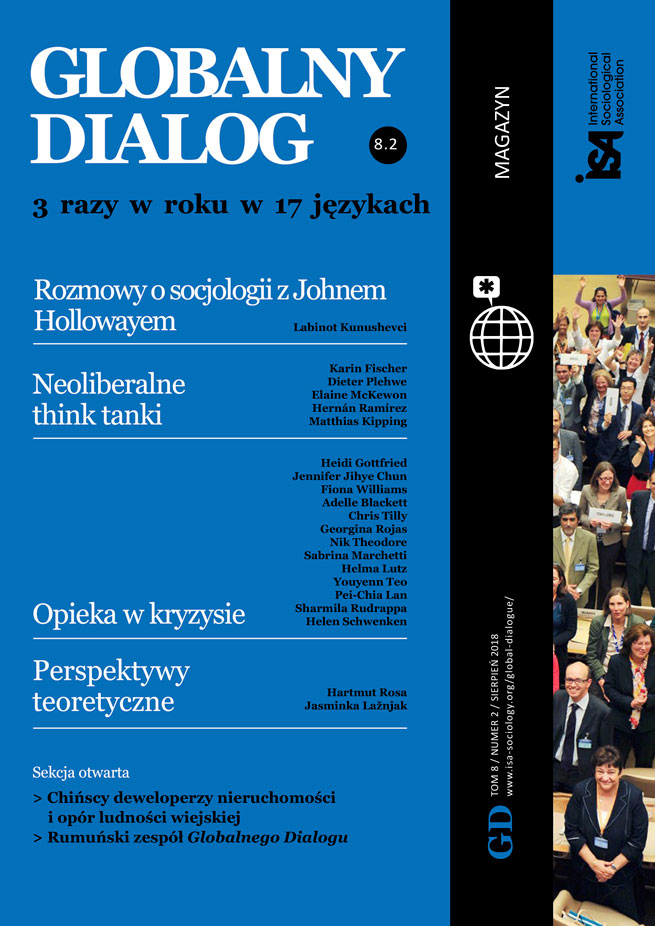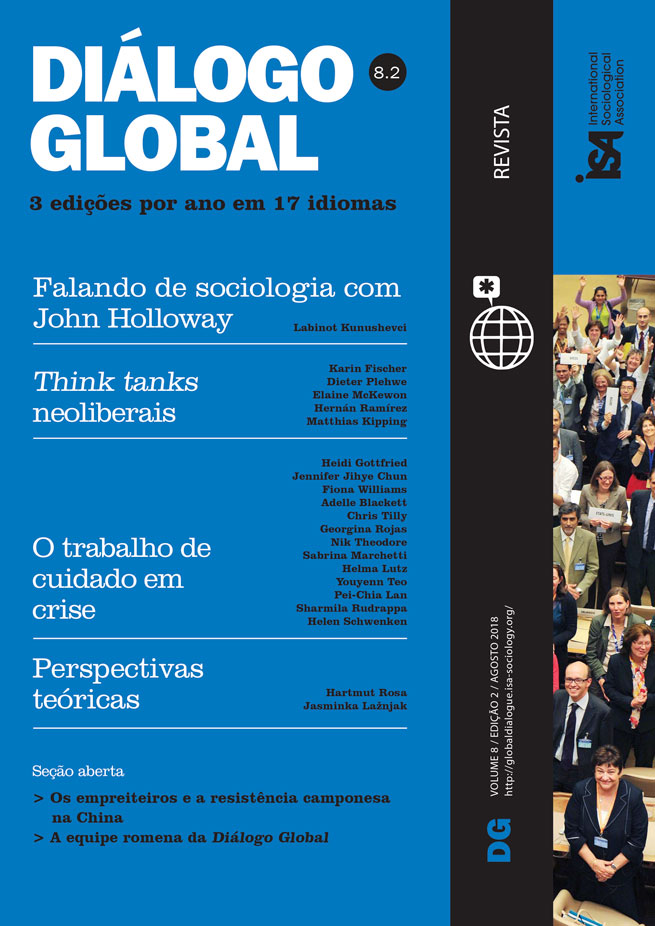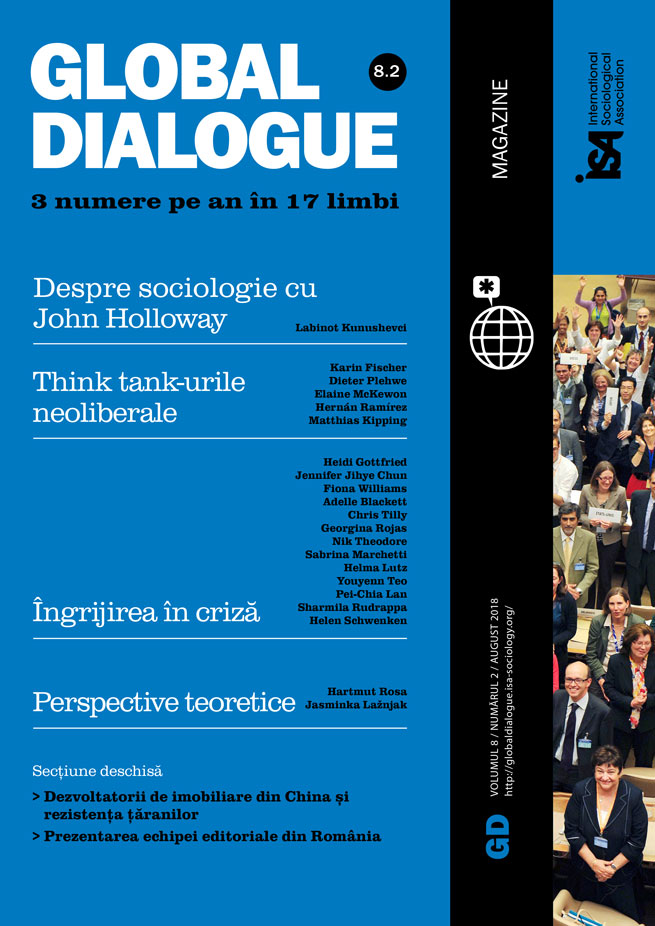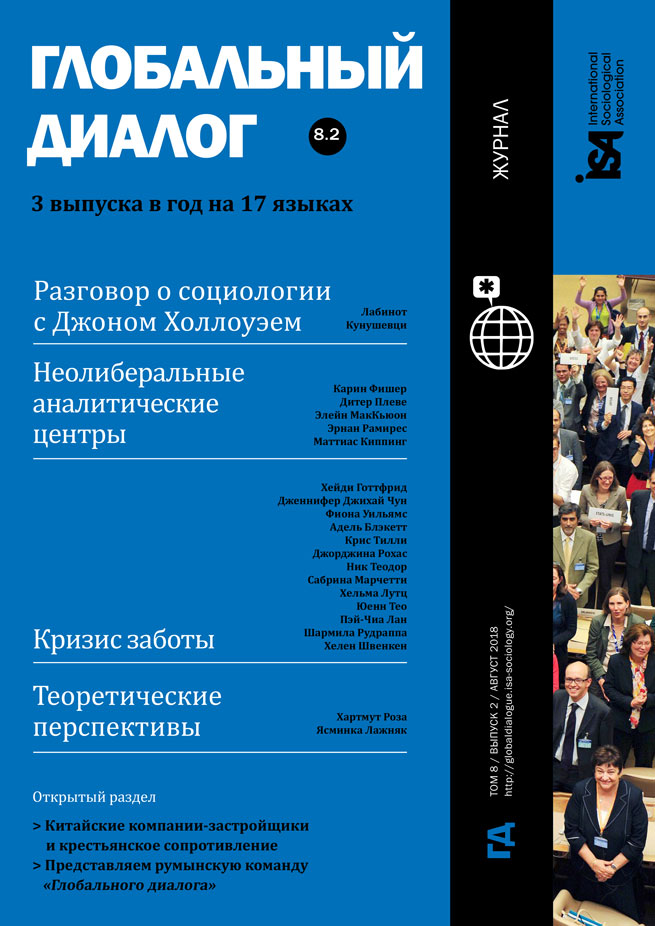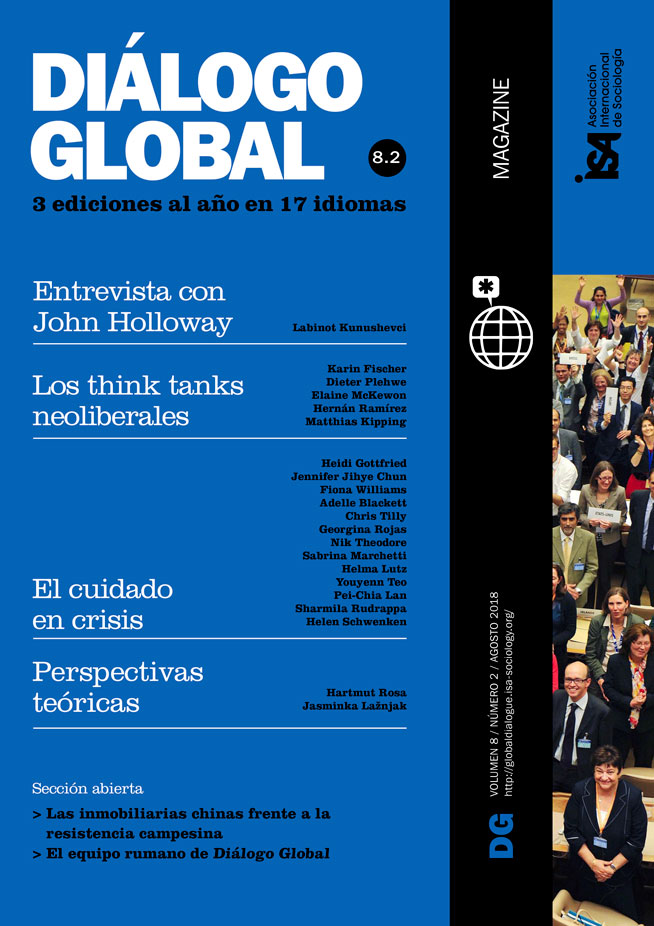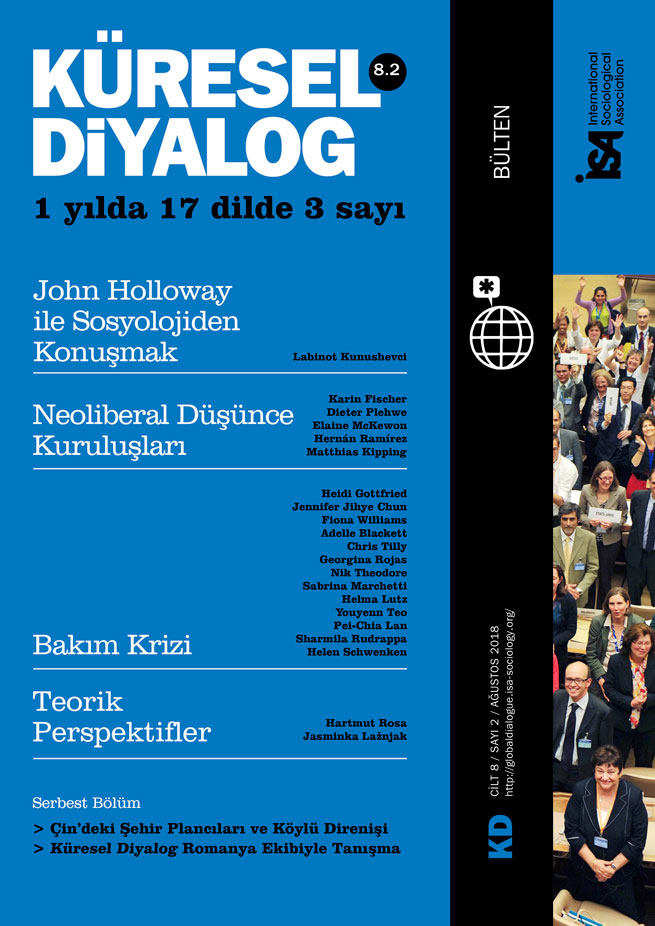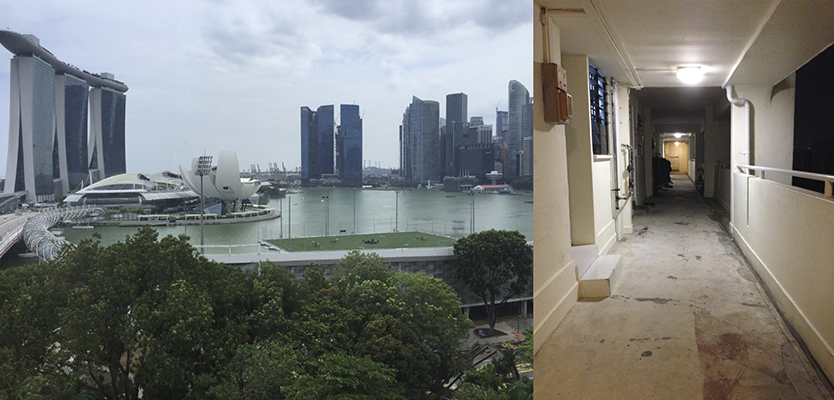Over the past few years, the issue of “work-life harmony” has come to the forefront as a public issue in Singapore. The Singapore state has increased social support to enable parents – particularly mothers – to balance wage work with the care of children. At the same time, the foreign domestic worker program, long a core component of the state’s solution to care needs, continues to grow unabated. In tandem with the growth in public policy attention, a wide range of commercial services oriented toward children have sprouted up. Childcare centers and kindergartens boast facilities, teacher-student ratios, and pedagogies commensurate with their price points. Specialist centers cater to parents who want their children to spend time on hobbies such as music, chess, art and craft, dance, fencing, martial arts, soccer, swimming, tennis, etc. Commercial “tuition centers,” academically oriented, are in every neighborhood’s shopping mall; these play central roles in the everyday routines of school-going children. Although these “enrichment” and tuition centers are not framed as centers of care, they form important components of the care infrastructure insofar as this is where some children spend many hours of their day, several times a week.
The logistics of moving between home, school, and centers are rendered possible by the vast number of migrant domestic workers (primarily from the Philippines and Indonesia) whose job includes precisely this daily movement of children from place to place. Indeed, in my neighborhood where many European, American, and Australian families live, mothers openly and regularly comment on how wonderful it is to raise children in Singapore, in contrast to their home countries. Two salient issues emerge as they talk about how their lifestyles here could not be replicated back home: first, there are so many interesting activities available to children; second, full-time paid help is so affordable. Their remarks bring into relief this fact: families with financial means, no matter their nationalities and including Singaporean ones, find Singapore a great place to raise kids because they have access to First World services and Third World servitude.
In this context of expanded care options, the possibilities available to low-income Singaporeans are starkly different. Their everyday realities are hectic, with housework, errands, care for children, cooking, and sometimes physically-exhausting shift work as security guards, supermarket cashiers, and cleaners. They are stressed out and anxious about running out of money to buy food and pay for utilities. Their children, in contrast to middle-class children, are extraordinarily independent: they can cook rice and fry eggs at eight years old; go to and from school on their own; and even take care of younger siblings. Importantly, low-income parents speak of how they worry about their children alone at home with nothing to occupy them, or about losing their jobs when they take time off because their children are sick or on school holidays, or about the fact that their wages are insufficient to pay all their bills.
As it turns out, Singapore is not such a great place to raise children when one is low-income. The expansion of social support and the dizzying options available to some parent-consumers are not shaping people’s lives in the same ways across class lines. Class differences matter, and a work-care regime that appears to be incredibly “family-friendly” to some is not particularly family-friendly to others.
In this special issue, authors show the myriad ways in which there are constant and messy entanglements between the individual, intimate, and micro practices of persons and families on the one hand and the larger political economy of care on the other. My work too illustrates the ways in which the “choices” people make are shaped by the options available to them. The options available to families are, in spite of expansions in public support, still heavily dependent on market solutions and participation in formal wage labor. This story is part of a larger story of specific manifestations of neoliberal capitalism and the tendencies of states and societies to favor individualized and marketized solutions to meeting human needs. To the extent that these tendencies persist, if in varied forms, in the contemporary world, it is important to shed light on how these political economic developments are particularly damaging to people in low socioeconomic circumstances.
The expansion of care needs and the fulfilment of these needs through market solutions more generally and migrant care workers more specifically, are trends likely to persist, particularly in the wealthier cities of the world. We must cast a wide net on understanding the consequences of these trends to include people who are not themselves part of the “global care chain” but make lives in societies deeply entangled in the chain. Low-income families in a context where, despite social expansion, regimes retain important individualistic, market-oriented principles, and where migrant care workers take on care and household labor, continue to have their needs obscured, ignored, overlooked. Work and care under these circumstances entail hardship. Policy-makers and scholars alike have also generally ignored the fact that some of the care labor performed in higher-income families – shuttling children around for various extracurricular activities, for example – also compounds inequalities among children.
As feminist scholars and activists challenging existing state policies, societal norms, and corporate practices, we must continually insert the question of class variations and inequalities into the conversation. For too many of us and for too long, this has not been a high priority. We need more attention to the ways in which public policy addresses women’s needs in uneven ways; sustained critique of work-care-migration regimes that neglect the actual labor that happens in homes; deeper thinking about the ways in which labor within the home can be supported; more integration of discussion of low wages and work conditions when workplace policies are addressed; and an expanded view in thinking about the effects of paid domestic work on public policy and the well-being of various groups in society and along the global care chain.
Youyenn Teo, Nanyang Technological University, Singapore, and member of ISA Research Committees on Poverty, Social Welfare and Social Policy (RC19) and Women in Society (RC32) <yyteo@ntu.edu.sg>


